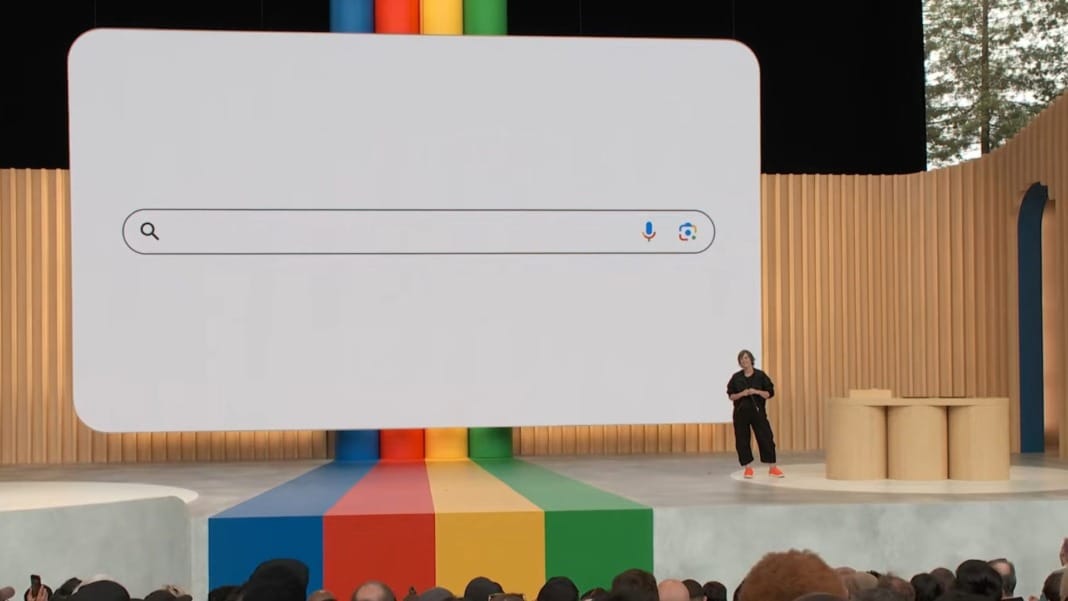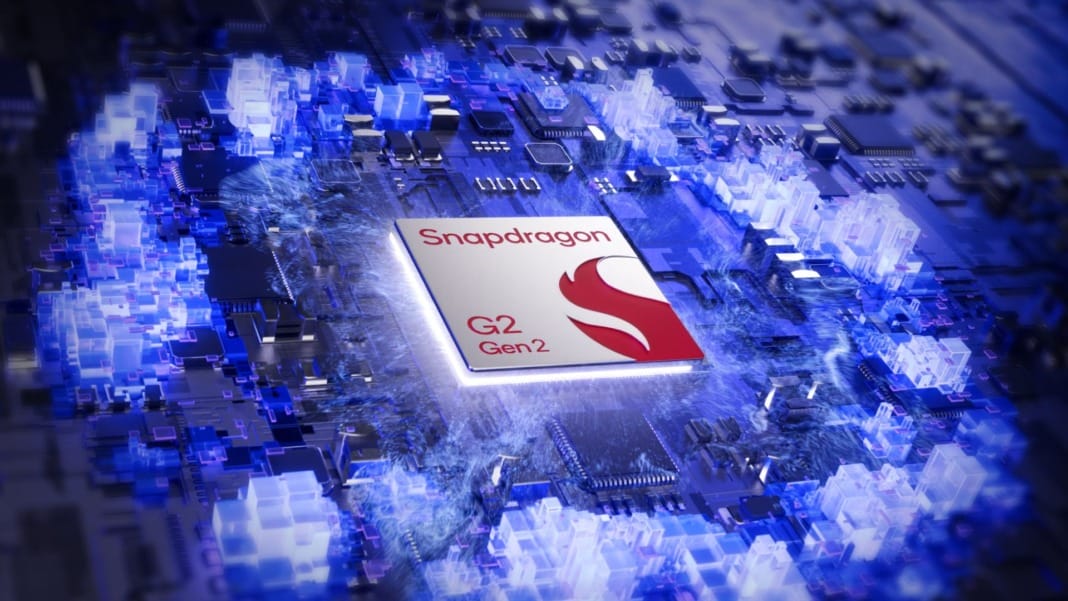For decades, you relied on Google’s ten blue links to find everything from holiday deals to the best jeans. But now, AI chatbots are changing the way you search. Instead of scrolling through pages of links, you’re getting direct answers and curated recommendations—making AI search a powerful new tool.
AI search is growing rapidly
New research from Adobe shows that AI search is quickly becoming a major traffic source for retailers. The company analysed over 1 trillion visits to U.S. retail websites and surveyed over 5,000 U.S. consumers to understand AI’s impact.
The findings are striking: AI search referrals surged by 1,300% during the 2024 holiday season compared to 2023. On Cyber Monday alone, AI-driven referrals jumped by 1,950%. While these numbers may seem extreme, they’re not entirely surprising—AI search was still in its early stages last year.
More interesting are the engagement statistics. Compared to traditional search referrals (like Google or Bing), visitors from AI search:
- Spent 8% more time on websites
- Viewed 12% more pages
- Were 23% less likely to leave after a single visit (bounce rate)
This suggests AI tools lead users to more relevant content, keeping them engaged longer.
AI search is not without issues
Despite its rapid rise, AI search has had a rocky start. Google’s AI Overviews, previously known as the Search Generative Experience (SGE), was launched nearly a year ago. However, it quickly faced criticism for bizarre mistakes, such as suggesting people eat small rocks or use glue on pizza to make cheese sticks. Such errors raised concerns about the reliability of AI-generated search results.
Other AI search platforms have also faced scrutiny. Perplexity, a startup valued at US$9 billion, offers AI-driven search but has been accused of plagiarism. In June 2023, a Forbes editor claimed that Perplexity had copied reporting from his team without permission. CEO Aravind Srinivas admitted the product had “rough edges” and would improve over time, but the backlash was significant. Forbes threatened legal action, and News Corp has since filed a lawsuit for copyright infringement.
Our reporting on Eric Schmidt’s stealth drone project was posted this AM by @perplexity_ai . It rips off most of our reporting. It cites us, and a few that reblogged us, as sources in the most easily ignored way possible. Note the views. #zeroclick https://t.co/qZamti9E83 pic.twitter.com/8z2AsyHjgM
— John Paczkowski (@JohnPaczkowski) June 7, 2024
Meanwhile, OpenAI has taken a more cautious approach. The company launched an AI search feature within ChatGPT, branding it as a prototype to avoid major blunders. OpenAI also partnered with media organisations to give publishers more control over how their content appears in ChatGPT search results. This strategy is helping OpenAI avoid the pitfalls that Google and Perplexity have faced.
Consumers are embracing AI search
Despite the challenges, AI search is here to stay, and people adapt quickly. Adobe’s survey of 5,000 consumers found that:
- 39% use AI search for online shopping
- 55% use it for research
- 47% use it for product recommendations
These trends have caught the attention of advertisers. Google and Perplexity have already integrated ads into AI search results, but OpenAI has taken a different stance. CEO Sam Altman said adding ads to ChatGPT would be a “last resort,” as he believes “ads-plus-AI is uniquely unsettling.” However, CFO Sarah Friar hinted that OpenAI was considering ad revenue, although a company spokesperson later downplayed the idea.
AI search is still in its early stages, but it’s clearly changing how people find information online. Traditional search has long been criticised for being overloaded with ads and SEO spam. AI search is emerging as a possible solution—if it can avoid the same problems that plagued its predecessor.





